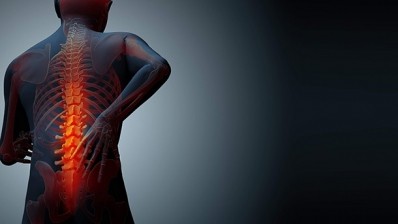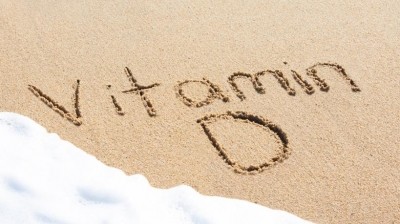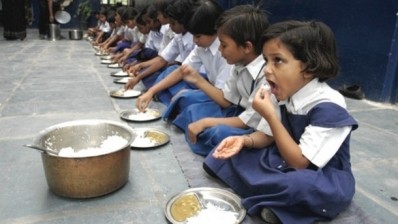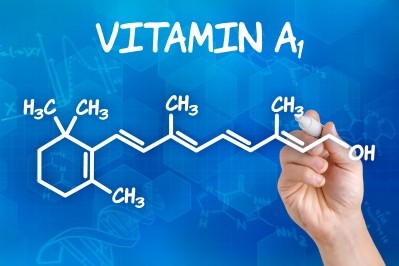Bone metabolism in women of reproductive age affected by vitamin D deficiency
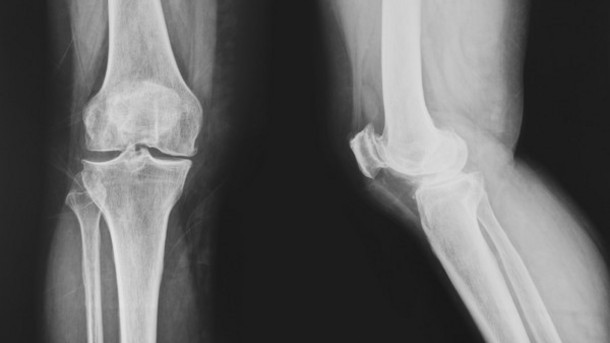
The study involved 100 healthy female Beijing residents between the ages of 23 and 30, all of whom worked indoors. As skin exposure to sunlight is the main source of vitamin D, their vitamin D levels were measured during summer and winter, alongside their bone metabolism indicators.
It was found that during the summer, only 30% of the subjects had adequate levels of vitamin D, while in the winter, none of them did, with 11% displaying vitamin D deficiency.
There was also a "significant negative correlation between serum concentrations of 25-hydroxy-vitamn D (25OHD) and the parathyroid hormone (PTH)", which is secreted by the parathyroid gland and is vital to the resorption and rebuilding of bone tissue.
Vitamin D deficiency is linked to diabetes, neuromuscular disorders, and immune, skin, renal and cardiovascular diseases. It is also detrimental to pregnant women and has "long-term adverse effects on their infants”.
This is especially worrying for the Chinese, as vitamin D deficiency is widespread in China. Beijing in particular receives limited sunlight during winter, due to its geographical location. Furthermore, the city’s high air pollution levels tend to limit its residents’ outdoor activity and in turn, their sun exposure.
Rickets concern
Sun exposure aside, the typical Chinese diet consists largely of vegetable- and grain-based foods, which contain very little vitamin D. The subsequent low blood calcium leads to an increase in PTH concentration and a high concentration of alkaline phosphatase in the blood, eventually leading to defective bone calcification or rickets, which is especially harmful to infants.
Additionally, the study found “moderate and positive correlations between maternal and neonatal 25OHD concentrations”, and discovered that in Beijing and some other parts of China, expectant mothers and newborns lacked vitamin D. This meant the foetuses did not receive enough vitamin D in utero, which could lead to rickets.
The study concluded that women of childbearing age should “actively pursue outdoor activities and increase their dietary intake of vitamin D, calcium, phosphorus and protein in order to achieve optimum bone metabolism status”.
Source: Asia Pacific Journal of Clinical Nutrition
https://doi.org/10.6133/apjcn.042016.01
“Seasonal vitamin D and bone metabolism in women of reproductive age in urban Beijing”
Authors: Liying Yang, Wei Zhang
